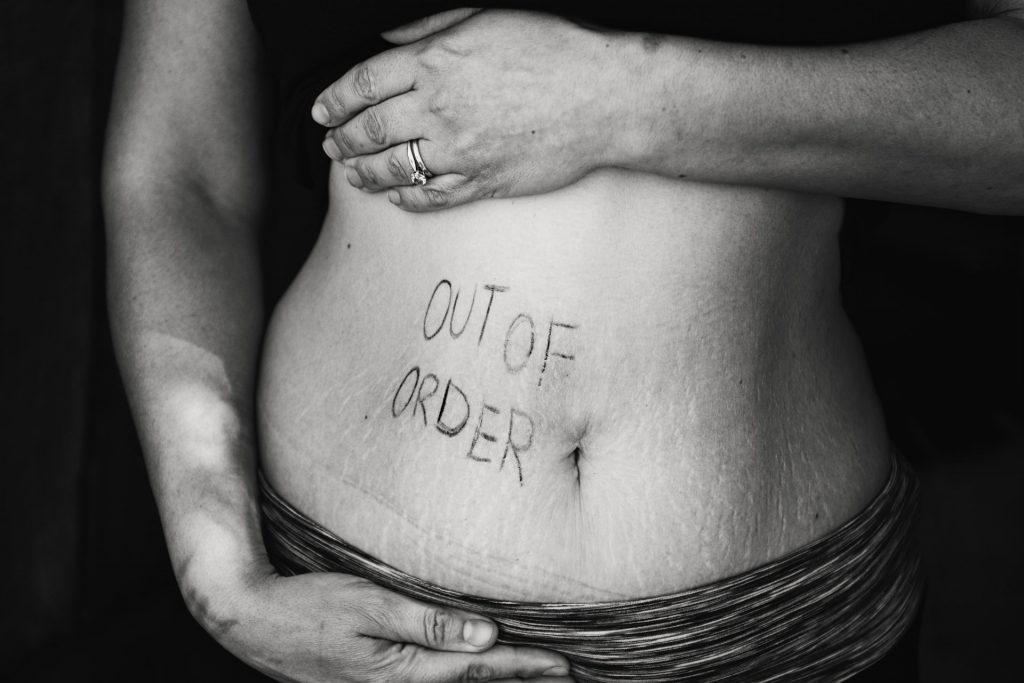A gastroenterologist is a physician who focuses on diagnosing, treating and managing diseases and disorders of the digestive system including the bowel and colon. Common health issues include inflammatory bowel disease (IBD), irritable bowel syndrome (IBS), oesophageal disorders, stomach and bowel cancer. Here we list the most common conditions that may require you to have a consultation with a gastroenterologist.
Irritable Bowel Syndrome (IBS)
Many people are affected by IBS or Irritable Bowel Syndrome. Some of the symptoms include abdominal pain and bloating and changes in bowel patterns such as diarrhoea and constipation. Finding a dietician is one way to help you create a dietary plan that reduces IBS symptoms whilst still maintaining a healthy diet and good, balanced nutrition. Though a cause for IBS is not known, it has been established that restricting certain foods and being on a low FODMAP diet can help to manage the condition whilst still maintaining good dietary practice. FODMAPs are Fermentable Oligosaccharides (fructans and galacto-oligosaccharides), Disaccharides (lactose), Monosaccharides and Polyols. A dietician can create your diet plan based around Low FODMAPs that will both help to stabilise your digestive tract as well as provide healthy nourishment.
Gastroesophageal Reflux Disease (GERD)
Everyone suffers from stomach troubles like heartburn or indigestion from time to time. The causes of these symptoms can vary as there are so many reasons why a person might feel discomfort in their abdomen. One such common cause is Gastroesophageal Reflux Disease (GERD) which results when food, acid and gas moves backwards into the oesophagus and therefore goes into your throat instead of where it should be heading; the stomach. Reflux symptoms usually come on as a burning sensation in the pit of your stomach, heartburn that occurs more than twice in one week, acid or bitter taste in your mouth and trouble swallowing. In most cases reflux is not serious and is simply managed by dietary and lifestyle changes. For those who continue to be symptomatic, medications are available to treat them and these medications are both effective and safe. However if left untreated GERD can cause ulcers, or the lining of the oesophagus may become inflamed enough to block liquids from emptying completely – causing vomiting which may further complicate things.
Inflammatory Bowel Disease (IBD)
Inflammatory Bowel Disease (IBD) refers to a group of diseases that cause inflammation of the digestive tract and occurs mainly when Crohn’s Disease and Colitis are present. While the cause of IBD isn’t clear, immune system problems are known to play a role, as well as genetics and environmental factors like diet. Such diseases can affect bowel patterns, cause lethargy and a decreased appetite resulting in weight loss. When it comes to treating IBD, medications are available which treat both the symptoms and underlying conditions. Intermittent medication along with a proper diet can help reduce symptoms for many patients for extended periods of time and surgery is only performed when necessary.
When you need to see a gastroenterologist, you want to know that your doctor will be available for you every step of the way during your medical journey. At Sydney Gastro Specialists you are in good hands – the doctors keep up with current research and are committed to their patients’ well-being. It can be stressful when dealing with health problems related to your gut or anything else internal, so the team at Sydney Gastro Specialists offer more than just a clinic, by making sure patients feel comfortable and relaxed in a welcoming, friendly environment.


